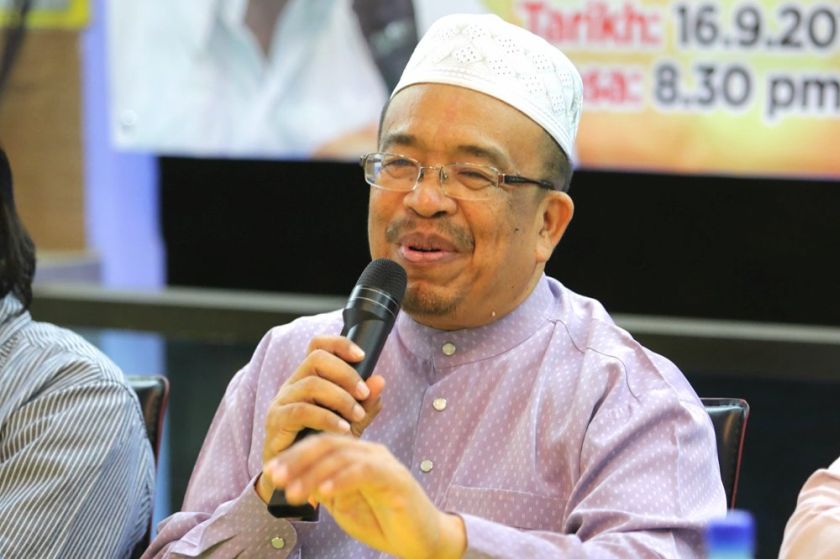KUALA LUMPUR, Jan 17 — Paying campaign volunteers should not be equated to buying votes because some of them take time off work to help, a former Pakatan Harapan (PH) election director said.
Datuk Phahrolrazi Zawawi, head of the PH campaign in Kedah during the 14th general election, said volunteers who took leave from work need the income to support their families.
“We provide accommodation, transportation, meals and allowances for some of these workers. Some leave their families behind. We are paying our workers and volunteers, not the voters. I saw the Election Commission’s (EC) chairman statement that the offence is when paying voters.
“But for the workers, we do have an allocation for them. They’ve given us their time and energy. We shouldn’t be demanding them their money, so contributions to workers do happen,” said Phahrolrazi.
The accommodation usually comprises homes that the party rent for its workers from out of town.
The PH campaign in the current Cameron Highlands by-election has been hit with allegations of vote-buying after it admitted to giving cash to 60 Orang Asli volunteers from the constituency to reimburse their petrol costs. It is unclear how many of the volunteers are also voters in the race.
Phahrolrazi, who is the Alor Mengkudu state assemblyman, said in the last general election, he had spent roughly RM80,000 for his state constituency. The EC allows a maximum budget of RM100,000 for each state seat and RM200,000 for federal seats.
This allocation includes meals provided at the operation centres and around RM20 to RM30 cash allowance per worker each day. The volunteers are also allowed to make claims on their expenses which will be reimbursed.
Each constituency has around 20 permanent volunteer workers; some are party members while the others are supporters but not card-carrying members.
On top of the 20 permanent volunteer staff, there are also many part-time volunteers who can only assist the campaign machinery after they are done with their daily jobs. Many of these volunteers are also voters in the respective constituencies.
Phahrolrazi said the payment was an understanding between the political parties and their election workers.
“We spend a lot on polling day but after nomination day, we have around 20 full-time volunteers. On polling day, we provide transportation. Some volunteers are observers, while others take care of the booths and tents we set up.
“There are also volunteers who are not paid. However, I tend to give to my volunteers because I’m requesting their help. There are also those who refuse to accept anything and are helping us out of goodwill.
“As Amanah is a new party, we have a mixture of party members and non-member party supporters. But back when I was in PAS, we only used PAS party members as volunteers because we have more members,” explained Phahrolrazi.
Socialist Party of Malaysia (PSM) central committee member S. Arutchelvan said his party, on the other hand, did not spend as much as other parties during the campaign period, as it was a “poor party”.
PSM does have allocations for volunteers, but many of their volunteers refuse to accept the allowance.
Arutchelvan, who was a campaign manager in the 2004 general elections, said any funds utilised for travel reimbursement was nominal, between RM20 and RM50 to pay those who used cars to travel, although many refuse to accept payment.
“What makes PSM different than most political parties is that most of our volunteers are plantation workers and the urban poor. Some businesses do give us money and we even allocate some for our volunteers, but many refuse to take the money.
“It is a mere expectation I suppose, as those who volunteer for PSM know that we are a poor party compared to other parties,” he said.
The socialist party also does not give meal allowances as they have a central kitchen at their operations centre where volunteers can have a meal.
He also said the party does not ferry their volunteers around, but books “meager” accommodations when it is required.
Arutchelvan explained that most of its volunteers are from out of town, with no political affiliations, and do not vote in the area they help to campaign in.



















